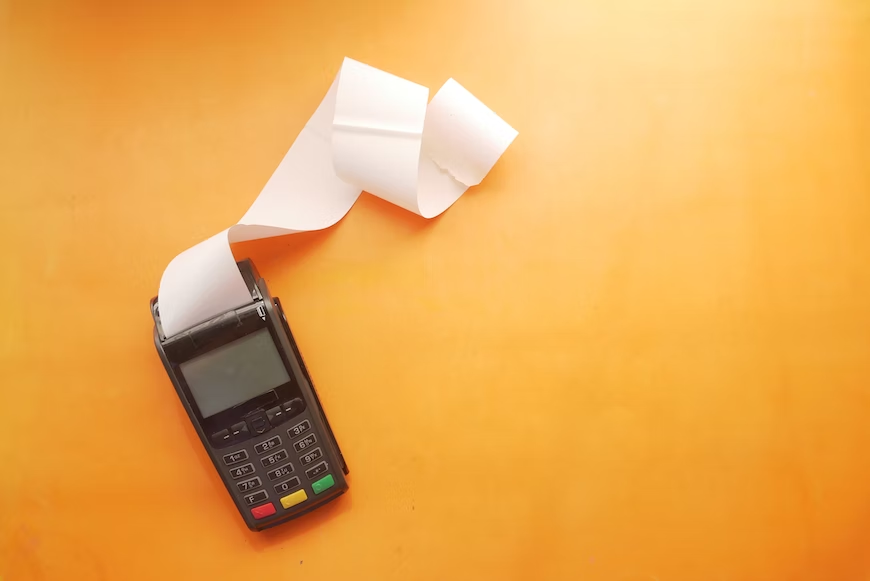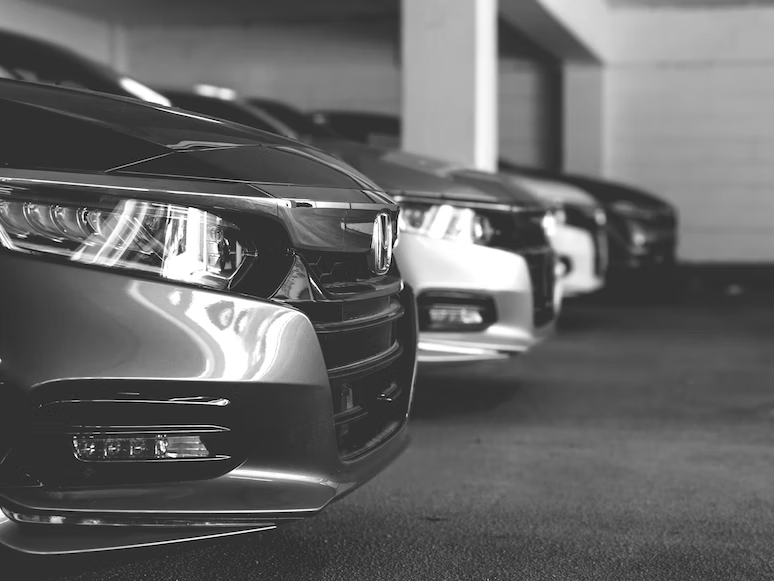If money is tight every month but you need a new ride, you may be wondering which is better for you: leasing or financing. Deciding between leasing and financing will depend on a lot of factors, but a major factor is how much the monthly payments will be. Here we will discuss the difference between lease payments and finance payments and how you can decide what is right for you.
When you lease a car you are essentially renting the car from the dealership. You do not own the car, but you can use it for a set period of time. During that time you must obey the rules of the lease agreement. But it’s important to keep in mind that the dealership owns the car while you are using it, which is referred to as the lease term.
When you finance a car you are buying the car from the dealership using a loan. The dealer sells the car to the bank, who will hold the title until you pay off your loan in total. While the title is held by the bank, you are considered the owner and can use the car however you would like.

Lease payments are lower than financing payments because you do not own the car and are not making payments on the whole car. Instead you are making payments on the depreciation that occurs while you own the car. If your lease is for 36 months, you are paying for the depreciation that occurs in that time.
Every lease will have a residual value listed. This is the expected value of the car at the time when your lease is over. The residual value is non-negotiable and is based on the car’s expected depreciation during the lease period. Since the dealer cannot control how the car is used exactly, they put parameters on your usage to help protect their asset and ensure that it will still have value at the end of the lease period. These parameters include:
Mileage limits
Fees for wear and tear
Travel restrictions (typically cannot drive out of the United States to Canada or Mexico)
No allowable customization
Must use OEM parts and licensed mechanics for all repairs
Stricter insurance requirements
And more
The usage parameters will help ensure that the depreciation is predictable and that the car will still have value when the lease is over.
In addition to the depreciation on the car, your lease payment will include a finance charge, which is essentially the cost of doing business. And, of course, tax.
Total Monthly Lease Payment = Monthly Depreciation + Finance Charge + Tax
Finance payments are more because you are paying on the total value of the car, not just the depreciation over a few years.
Total Monthly Finance Payment = (Price of the Car - Down Payment + Total Interest on Loan)/ Term
When you finance, the sales tax will be calculated upfront and rolled into the price of the car (unless you choose to pay it with your down payment).
Financing a car will be much more expensive per month than leasing. But that doesn’t necessarily mean that leasing is a good thing (or a bad thing). It really just depends on your preferences and financial situation.

There are a lot of advantages to leasing a car. As we already went over, it is much cheaper to lease a car than to finance a new car. And you are often not required to put money down when you lease a car, which can be a huge factor for many.
Leasing a car also allows you to get a new car every few years with no hassle. You don’t need to worry about getting rid of your old car; you can simply trade it in and get a new car when your lease term is over.
If you are a business owner or are self employed, leasing a car also provides more tax benefits than financing does. Leasing a car allows you to write off both the depreciation costs and the financing costs, which is usually more than you can write off when you purchase a car.
Leasing can be great for many people, but there is one major disadvantage: you do not own anything when your lease period is over. Just like when you rent an apartment, your payments are not creating equity. You are paying to use something and you will have nothing to show for it when the lease period is over.
Additionally, financing your car doesn’t come with the strings that leases come with. When you finance a car, you can treat it like your own (even though the title isn’t technically in your name yet). You do not need to worry about mileage limitations, restrictions on where you can drive, or what customizations you can make. Your car is yours to do as you please.
Financing can also be easier to qualify for than leasing. If your credit is less than stellar, you may not be offered a great car loan APR, but you will most likely be able to find a lender that will work with you. This is not as true when it comes to leasing a car. If you do not have good credit, dealerships may simply refuse to lease a car to you.

Leasing a car can be a great option for many people. And the good news is that you can still buy your car if you end up changing your mind. Most leases will allow you to purchase your car at any point during the lease for the price of the residual value (plus any remaining payments you have). Today’s used car market is still booming, which means that the market value of many people’s cars is actually much higher than the residual values listed in their contracts. So even if you don’t love your car, chances are you can buy out your car lease and make a good profit on it.
Auto Approve specializes in car lease buyout loans, making this process incredibly easy. So if you have a leased car that you just aren’t ready to part with (or that you want to make some money on!), contact Auto Approve today to get a free quote!